Understanding Black Granular Fertilizer
Black granular fertilizer is a specialized category of plant nutrition products designed to support a wide array of vegetation. This type of fertilizer is characterized by its distinctive dark granules, which are formulated to provide a slow-release of nutrients into the soil, enhancing plant growth and soil health over time.
Types and Applications
There are various types of black granular fertilizer tailored to meet the specific needs of different plants and soil conditions. These fertilizers are commonly used in agricultural settings, landscaping, and gardening. They are suitable for a range of plants, from agricultural crops to ornamental gardens, ensuring versatility in application.
Features and Materials
The black granular fertilizer is composed of natural and synthetic materials that are rich in essential nutrients like nitrogen, phosphorus, and potassium. The granules are engineered for a controlled release, which means nutrients are supplied steadily to the plants' roots, reducing the risk of over-fertilization and promoting consistent plant growth.
Advantages of Black Granular Fertilizer
Utilizing black granular fertilizer offers numerous benefits, including improved soil structure, enhanced water retention, and increased microbial activity. These fertilizers are also known for their ease of application and can be particularly effective in correcting nutrient deficiencies in various soil types.
Environmental Impact and Sustainability
Many black granular fertilizers are formulated with sustainability in mind, often incorporating organic materials that support eco-friendly farming practices. The use of these fertilizers can contribute to a more sustainable approach to agriculture and horticulture by minimizing the ecological footprint.
Best Practices for Use
For optimal results, it is important to apply black granular fertilizer according to the specific requirements of the plants and the manufacturer's instructions. Regular soil testing can help determine the appropriate application rate and frequency to ensure that plants receive the right amount of nutrients.
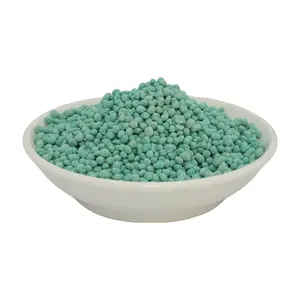









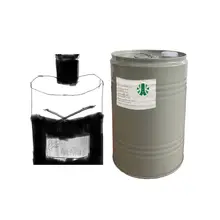
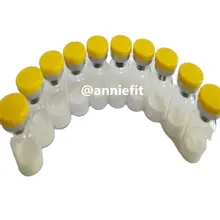

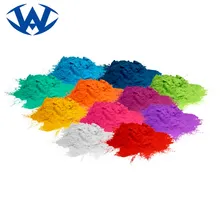
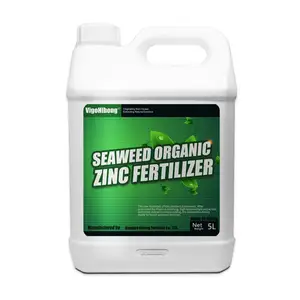



























 浙公网安备 33010002000092号
浙公网安备 33010002000092号 浙B2-20120091-4
浙B2-20120091-4